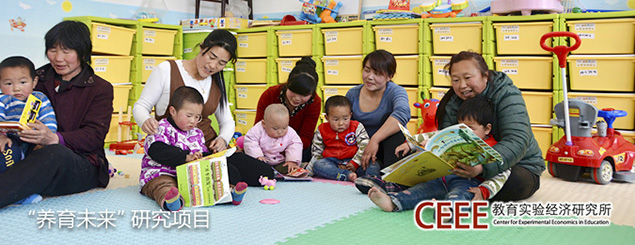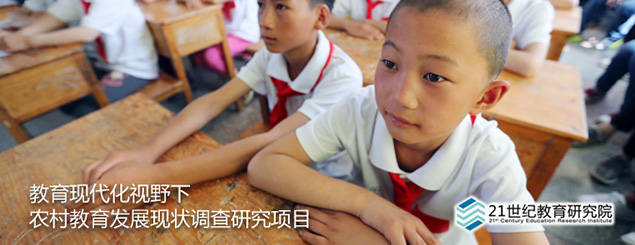• Nurturing for the Future

Partner Organization: Shanxi Normal University’s Centre for Experimental Economics in Education
Project Duration: Jul 2017 - Feb 2018
Project Status: Completed
After more than 30 years of rapid growth and economic reform, China’s economy has settled into a “new normal”. As future economic growth will be driven by technology and innovative advancements, human capital will become one of the key factors for economic development. In raising the quality of human capital, the challenge lies in the poverty-stricken rural areas in China. Medical and neuroscience research has shown that the most critical period of an infant’s development is the first 36 months. According to research from Shanxi Normal University’s Centre for Experimental Economics in Education, because China’s rural population of infants are lagging in their early childhood development, they are not able to unlock the full potential of their abilities. Hence it is timely to conduct scientific research in early childhood development. The foundation partnered with Shanxi Normal University’s Centre for Experimental Economics in Education to conduct a scientific study to determine the standard of early childhood development of infants in rural central China. Starting with Henan province, the study selected five different communities to undergo training, research and data collection about the development of infants aged 6-36 months and the attitudes, behaviour and knowledge of their primary caretaker with regards to early childhood development. By understanding the conditions under which the infants are brought up at home, the study hopes to provide suggestions and references for the implementation of early childhood development projects and policies to help the rural children.
Partner Organization: 21st Century Education Research Institute
Project Duration: Jan 2017 - Feb 2018
Project Status: Completed
The development of rural education has always been a priority for China. However, domestic migration patterns have given rise to systemic problems in the school structure across the country, inadvertently lowering the quality of rural education. In July 2016, the State Council announced an initiative to restructure the rural education system by 2020.Along the same lines, the 21st Century Education Research Institute and the Beijing Yifang Foundation decided to collaborate on this project to propose policy recommendations for the State Council’s initiative. The study collected extensive data from four sample regions, compared schools across cities, counties, towns and villages and gathered student’s feedback on education quality. The data was put through rigorous analysis and the outcomes were used to propose pragmatic, balanced and scalable recommendations for the long-term sustainability and development of rural education in China.

